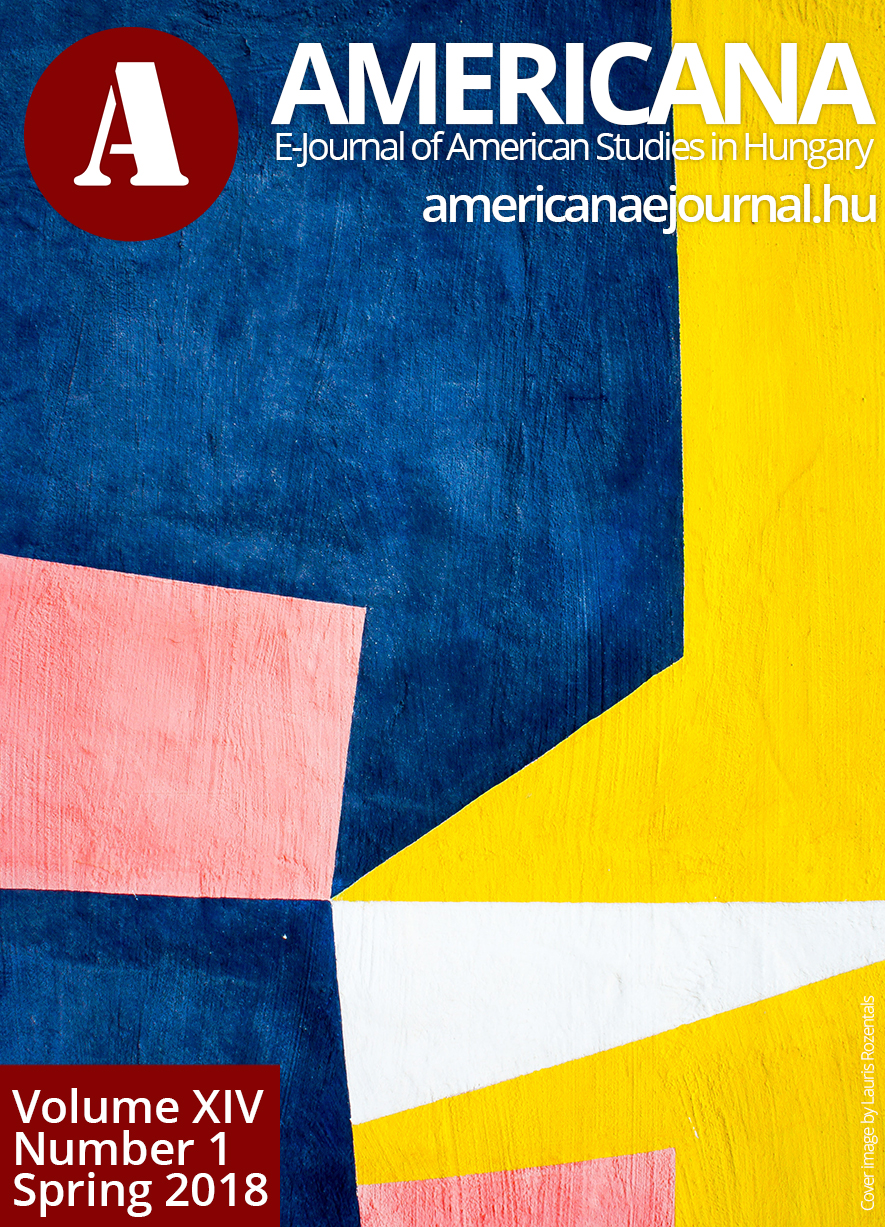Writing on the margins of sound and sight : Augusto de Campos and transnational poetic traditions
Main Article Content
Abstract
Augusto de Campos is one of the few poets worldwide who has not ceased to act, for over six decades, upon the avant-garde imperative of incessant innovation, of making it new, and of always doing something else. He initiated a succession of avant-gardes by having first immersed himself into the more static forms offered by the printed page—ideogram, spatial form, wordplays, permutations, and transformations—, then step by step incorporating the possibilities granted by the new technologies, thus allowing an unprecedented kinetic freedom in his installations, electronic displays, laser holograms, and performances. “Poetry is risk,” he famously claims; it is a “journey into the unknown,” in which color, sound, and movement work together in the “tongue journey” across languages to create what he calls the “verbivocovisual,” a material union of the verbal, sound, sight, and sense. Having always resisted the lyric impulse, he has attended directly to the verbal and visual strata of language, allowing meaning to be plunged into sound, noise, image, and movement, while at the same time isolating meaning from any particular language. Moreover, the concrete-digital poet who exploits the performative potential of language will not simply bring about what is being named, but will produce his own creative self as a subject agent who allows the linguistic material to take the place of the Cartesian subject, the poet’s “lyric self.”
Downloads
Article Details
How to Cite
Bollobás, Enikő. 2018. “Writing on the Margins of Sound and Sight : Augusto De Campos and Transnational Poetic Traditions”. AMERICANA E-Journal of American Studies in Hungary 14 (1). https://ojs.bibl.u-szeged.hu/index.php/americanaejournal/article/view/45044.
Section
Essays

This work is licensed under a Creative Commons Attribution-NonCommercial 4.0 International License.

